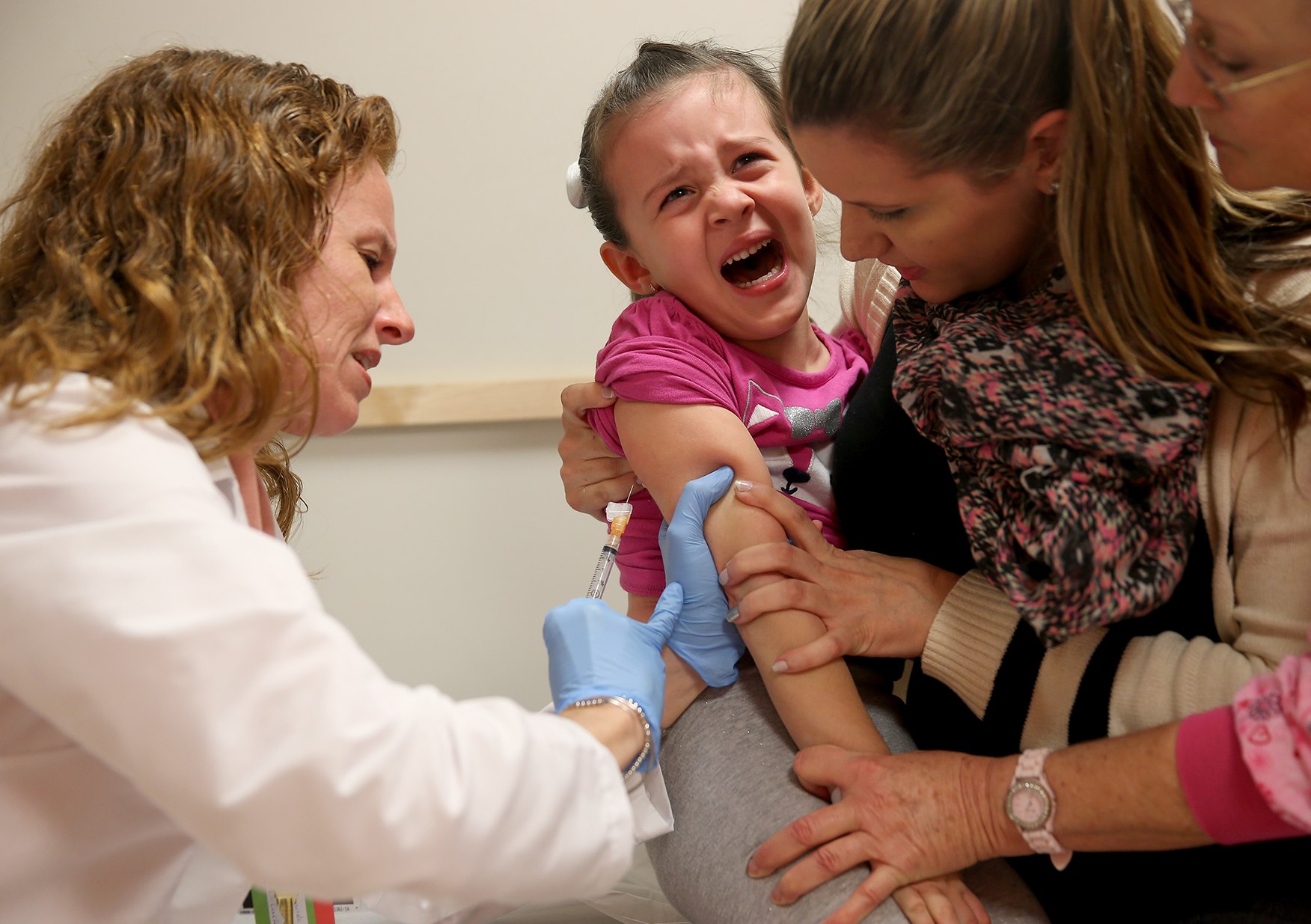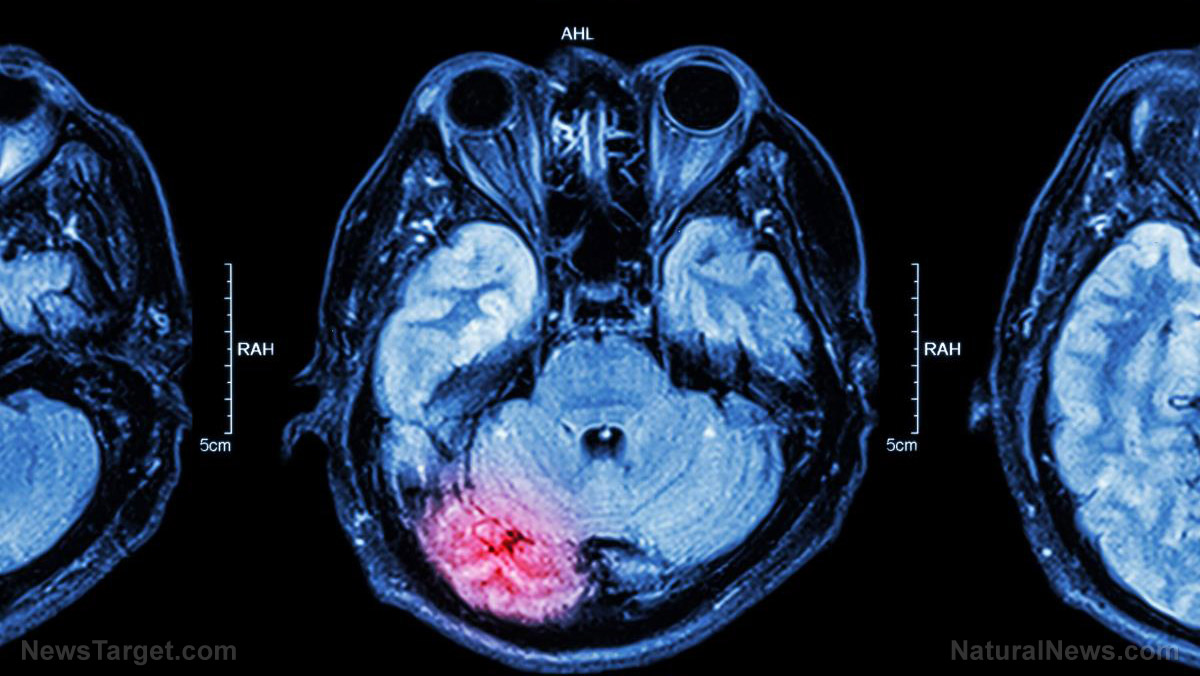You can develop UTI from your dog; bacteria found in their feces could infect you
05/26/2018 / By Vicki Batts

There’s no question that people love their dogs: We share our homes and our lives with our furry companions, and in turn, our pets give us their undivided love and affection. But are all those puppy kisses putting your health at risk? New research has shown that humans may want to be a bit more cautious when it comes to letting their dogs give them a lick — especially for those of us with weakened immune systems.
While to many people, this may sound like a “no brainer” after witnessing some of the stuff their dog is willing to put in its mouth, it turns out the gross factor isn’t the only thing you’ve got to worry about. Some of our furry friends may unwittingly be harboring infection-causing bacteria in their mouths — particularly the kind related to causing urinary tract infections (UTIs). And if you’ve ever had one of those before, you know you don’t ever want to have one again.
Research finds link between dogs and UTIs
Hailing from the University of Copenhagen, Dr. Peter Damborg and his team investigated what kind of risk dogs pose in the development of a UTI. To conduct their research, the scientists examined 119 patients at Hvidovre Hospital in Copenhagen. All of their patients were being treated for a UTI, but only 19 of them reported living with a dog or cat.
Patients were asked to swab their pets’ feces on two occasions, once at the beginning of the study and a second time ten months later. What they found was that two of the patients’ dogs were carrying the same strain of bacteria that caused their UTI. In one case, the dog feces was still carrying the same disease-causing bacteria nearly a year later — indicating that the family pet may be a permanent carrier. Though his owner recovered, Damborg cautions that the risk remains.
The power of the elements: Discover Colloidal Silver Mouthwash with quality, natural ingredients like Sangre de Drago sap, black walnut hulls, menthol crystals and more. Zero artificial sweeteners, colors or alcohol. Learn more at the Health Ranger Store and help support this news site.
“I think that people in general should take precautions when in contact with their pets,” Dr. Damborg contended.
“If someone has a compromised immune system, then this point is even more important as they are more at risk for infections,” he added. While no patients appeared to have acquired an infection from their cats, Damborg notes that it is possible to catch an illness from feline friends as well.
Cats, for example, are known to carry Toxoplasma gondii, a parasitic bacteria that causes the disease toxoplasmosis.
A strong immune system is essential
As Damborg notes, people with a weakened immune system will be at an increased risk of infection. Keeping the immune system strong and healthy is an essential part of well-being for everyone though. There are many steps you can take to keep your immune system functioning at its best and minimize your risk of infection.
Hand washing, of course, is an integral part of regular hygiene. Washing your hands is perhaps the single most important step you can take to prevent infection, but making sure you’re washing long enough is key. Studies suggest that you need to lather up for at least 20 seconds to really get the most out of your efforts and keep illness at bay.
Beyond that though, there are many natural ways you can support your body’s defense system. For example, acupressure points can actually be used to help build immunity.
There are, of course, also a wide array of foods and nutrients that support a strong immune system and help prevent infection. Garlic, carrots, ginger and leafy greens are just a few things that come to mind. Stay up-to-date on the latest news on what heals and what harms at Health.news.
Sources for this article include:
Tagged Under: dogs, immune system, infections, infectious disease, pet health, Pets, prevent disease, UTI




















